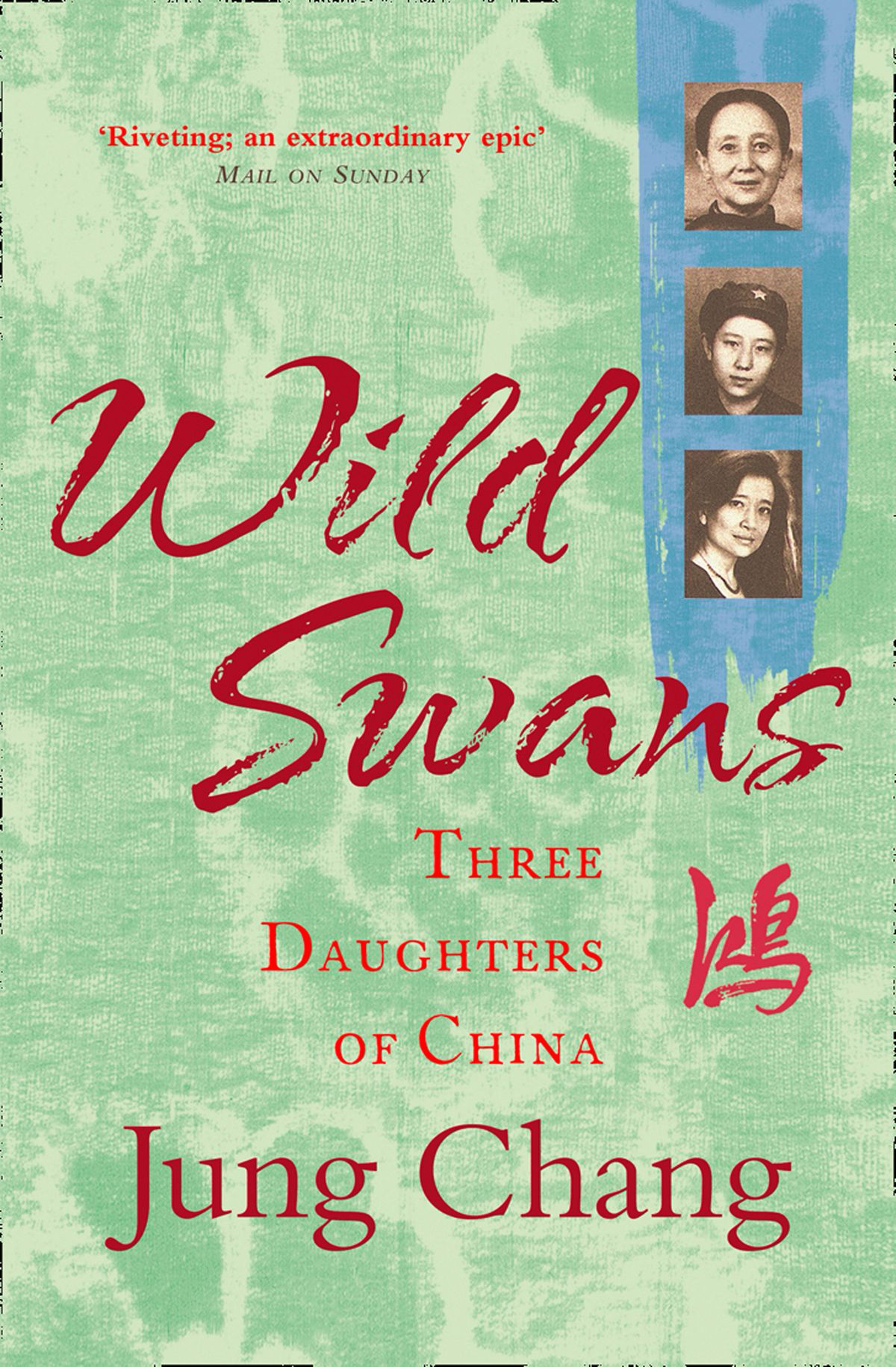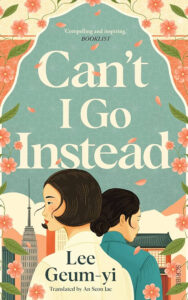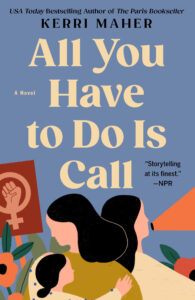
Rating: ★★★★★ (5/5)
Author: Jung Chang
Genre: Memoir / Family History / Social and Political Narrative
Ideal For: Readers fascinated by 20th-century Chinese history, feminist memoirs spanning generations, and stories that combine personal loss with sweeping social change
Why I Picked Up Wild Swans
Published in 1991 and banned in mainland China, Wild Swans has sold over 13 million copies and been translated into 37 languages. Promised as both an intimate family chronicle and a panorama of modern Chinese upheaval, the memoir traces three generations of women—Chang’s grandmother, mother, and herself—from the early Qing dynasty to Mao’s Cultural Revolution. I was drawn by the promise of deeply personal testimony from a historical axis that so often feels remote.
Plot Summary (Spoiler‑Free)
The narrative unfolds across three lifetimes:
- Yu‑fang (grandmother) is born in 1909, bound and sold into concubinage by age two under rigid patriarchal customs. She endures forced separation, social indignity, and turbulent alliances with warlords, surviving through intelligence and resilience.
- Bao Qin (mother) emerges in the crucible of revolution, joining the Communist Party at 15, surviving Japanese occupation, enduring miscarriage, famine under the Great Leap Forward, and narrow escapes during the Cultural Revolution.
- Jung Chang (author) narrates her own journey: indoctrination as a Red Guard, losing faith during familial persecution, forced labor in the countryside, and eventual escape to study in England in 1978.
Why It Works So Well
1. Epic Scope Rooted in Intimate Detail
Chang moves seamlessly from personal hardship—foot binding, miscarriages, torture—to grand historical forces: dynastic collapse, civil war, Communist ascendancy, Cultural Revolution. As one review observed, the memoir sketches “a window on the female experience in the modern world” with sweeping detail.
2. Broad Historical Canvas, Human Faces
Rather than a dry chronology, the book weaves emotion into history. One haunting vignette recounts Chang and her brother calling for their detained mother, while guards taunt them. The human cost of political ideology becomes visceral.
3. Three Women, Three Worlds
Yu‑fang’s confined concubine life under a warlord’s roof contrasts sharply with Bao Qin’s rise and political peril, and Chang’s own awakening and disillusionment within Mao’s Youth. Each story lands with authenticity and emotional clarity.
4. Masterful Narrative Voice
Chang writes with clarity and restraint—never sensational, but always compelling. Her prose balances documentary rigour with lyrical evocations of libraries, rural markets, and dusty political assemblies.
5. A Tale of Courage Without Polemic
Though recounting horrors, Chang remains reflective, not fulminating. She neither accuses all of China, nor dismisses its resilience. Instead, she tells a personal story steeped in universal themes: duty, betrayal, hope.
You’ll Love This Book If You Enjoy…
- The Diary of a Young Girl by Anne Frank – for harrowing personal testimony amid broader horrors
- Persepolis by Marjane Satrapi – for generational female narratives in political upheaval
- Social histories like The Rape of Nanking – for visceral, historically rich memoirs
- Saga-based memoirs like The Liars’ Club – for stories spanning decades and emotional evolution
Personal Highlights
- Yu‑fang’s Footbinding Escape—The image of a two-year-old forced into “three-inch golden lilies” sets the tone for survival through indignity.
- Red Guard Confession—Chang writes with discomfiting honesty about her role as a Maoist youth, giving us insight without self-flagellation.
- Parental Persecution—The story of Chang’s father driven to death by the Party’s internal purges is heartbreaking and underscores the revolution’s emphasis on control and loyalty.
- Historical Context Framed in Memory—Chang compares Maoist fervor to a national wave that crushed independent thought, a fitting caution for any age of ideology.
Final Thoughts: A Memoir That Echoes Through Time
Wild Swans stands as a landmark in historical and feminist memoir. By tracing three women’s lives across China’s most turbulent century, Jung Chang accomplishes something extraordinary: she personalises political tragedy without glossing over its cruelty. It’s a story of survival, love, generational love, and hard-won clarity.
This is memoir at its most potent—rich in context, rooted in emotion, and written with humility and conviction. It challenges us to remember, to bear witness, and to recognise the power of individual lives amid sweeping historical currents.
Five stars for its sweep, honesty, and emotional power. Wild Swans remains essential reading for anyone who wants to understand the human face of a nation’s transformation.


